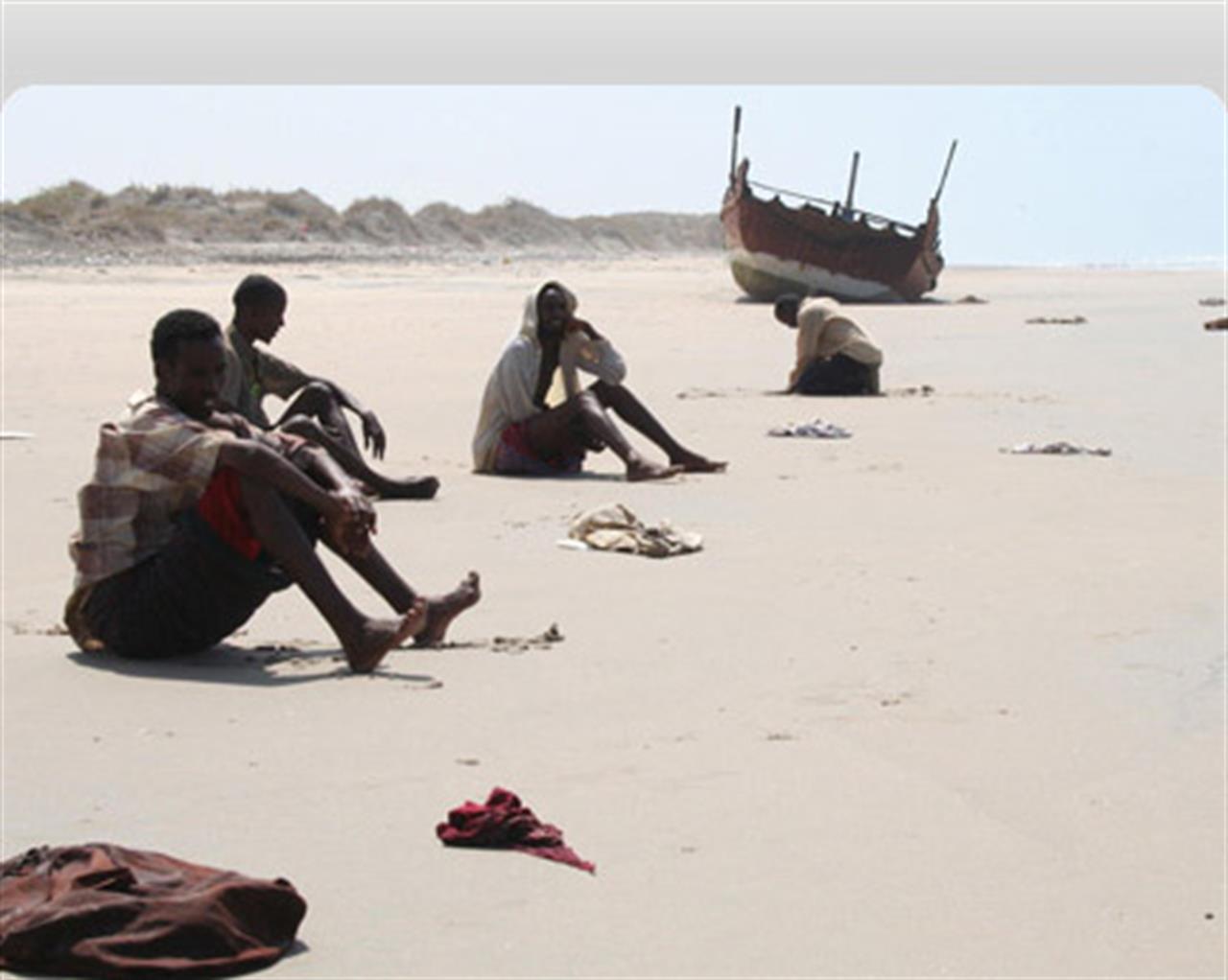Non profit
The refugee who came from the sea
Gabriele Del Grande, a young Italian author, tells the story of those clandestine immigrants who never make it into Fortress Europe
di Redazione

In the 48 hours prior to writing this article, 800 immigrants landed in Lampedusa, a small Italian island 167 kilometres off the Tunisian coast. Two other boats have been spotted carrying another 130. Forty people have drowned near Malta, and at least 100 others have been reported missing. Gabriele Del Grande, a young Italian writer and journalist, counts them all, all of the victims who don’t make the treacherous crossing from Africa to Europe. In twenty years there have been more than 12 thousand, nearly a quarter die in the Canale di Sicilia, a channel that separates the western and eastern Mediterranean and Tunisia from Italy. But these are just the numbers reported in the press. “Which means that in actual fact there are three, four, maybe ten times more”, says the 26 year old author of Mamadou va a morire (Mamadou goes to die), a book that tells the story of those clandestine immigrants who attempt the journey into “fortress” Europe; a story he collected first hand over the course of a 3 month expedition from Turkey through to Maghreb and on into Senegal on the traces of a young generation seeking to escape their geography.
Fortress Europe is also the name that Gabriele Del Grande, who is Italian, has given his blog. More than a blog, Fortress Europe is really a press review of all the articles written about the victims of Europe’s borders, from 1988 to today; it collects together documentaries, maps, pictures and teaching aids that introduce us to a world that is often heard about but seldom known.
Are the numbers of immigrants so high these days because of the summer?
Seaborne arrivals increase in the summer for the simple fact that navigation is easier. But the annual statistics show that every year about 20 thousand people make it to Italy each year. Last year these landings even decreased by 20%. What I want to highlight is that the 20 thousand people who make it to Italy by sea every year are only 8% of the total number of illegal immigrants in Italy. There is no invasion of clandestine immigrants via the sea: 90% of illegal immigrants enter into Italy with a regular tourist visa and stays on once the visa has expired. What the sea does carry, however, is 60% of political refugees seeking asylum in our country.
An interesting fact …
Yes, one that means that one out of every five people that land in Lampedusa is later acknowledged as a political refugee: someone who has crossed the sea to save their life. Refugees from Somalia, Eritrea, Sudan, and Darfur all make it here by crossing the sea, that is unless Libya doesn’t send them back to their countries of origin, as required by European agreements for cooperation against illegal immigration. Making it illegal doesn’t solve anything: the root of the problem is the fact that in Italy there is no way to enter legally, whether you are an economic migrant, or a political refugee.
What are Libya’s responsibilities, or those of other transit countries?
On Saturday June 14, Egypt deported 200 Eritrean people, all potential political refugees. When Eritreans arrive to Sicily they all receive a visa for humanitarian reasons, sometimes even political asylum: Europe’s policy, on the other hand, is to send them home. Repatriating potential refugees means that they risk being imprisoned, or in the worst of cases being sentenced to death, which is what happens if they are accused of high treason as deserters of the army. This happens in Libya, Egypt but not only: Brussels finances similar operations in Turkey, Algeria, Morocco and Tunisia, which are all transit countries for illegal immigrants.
The Parliament has decided to agree to the proposal to appeal for refugee status from abroad …
Europe’s project is to completely externalize all asylum proceedings, so that refugees will ask for asylum from Libya, Egypt or Tunisia and come into Europe only after it has been granted to them. But this reasoning doesn’t take into account the fact that these North African countries arrest and repatriate political refugees on a daily basis.
June 20 was world refugee day. Any thoughts?
At the same time there was a trial taking place in Agrigento against the seven Tunisian fishermen accused of being accomplices to illegal immigration because they saved 44 immigrants who had been shipwrecked last August. If these fishermen had saved a single Italian person they would have been rewarded with a medal from the president. But they saved 44 unwanted people, who once they cross the border are no longer people but immigrants, illegal immigrants who risk up to 15 years in prison. It seems to me that when you look beyond the many words spoken on June 20, life doesn’t have the same value for everyone.
17 centesimi al giorno sono troppi?
Poco più di un euro a settimana, un caffè al bar o forse meno. 60 euro l’anno per tutti i contenuti di VITA, gli articoli online senza pubblicità, i magazine, le newsletter, i podcast, le infografiche e i libri digitali. Ma soprattutto per aiutarci a raccontare il sociale con sempre maggiore forza e incisività.
